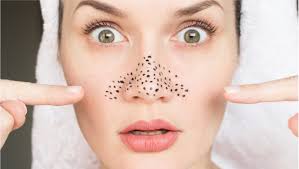As we grow older, our skin can gradually become more loose and flaccid. But when skin begins to feel thin as paper, or like crepe, the most common cause isn’t age,
Unlike wrinkles around the eyes and mouth (that result from repeated muscle movements), crepey skin typically can be traced to sun damage. Over time, exposure to the sun breaks down elastin, the fibers in your skin that allow it to stretch and return to its normal position.
Those fibers can heal, but they eventually lose their ability to repair completely after repeated exposure over time. Think of it as an elastic waistband that, with wear, becomes more lax.
Crepey skin usually begins to appear when you’re in your 40s. But it can show up as early as your 20s if you are a chronic tanning-bed user or have gained and lost substantial amounts of weight. Medications are another potential cause of crepey skin, such as long-term prednisone.
Luckily, there are ways to prevent crepey skin — and even correct some aspects of it, Dr. Kassouf says.
4 best ways to prevent crepey skin
- Stick to the shade. The most important thing to do, says Dr. Kassouf is to stay out of the sun as much as possible. Also, protect your skin when you’re in the sun.
- Make skin hydration a priority. Keeping skin well-hydrated with a good moisturizer helps prevent injury that creates or worsens crepiness.
- Pay attention to ingredients. Look for moisturizers that contain lubricating and plumping ingredients like alpha or beta hydroxy acids (like salicylic acid, lactic acid or glycolic acid) ― or one that has a high concentration of the newest and best ingredient for building up dry, crepey skin: hyaluronic acid.
- Fractionated lasers. These lasers create microscopic holes in the skin (think aerating the lawn). These holes contract as they heal and grow fresh, new skin at the surface. This evens out your tone and texture on your face, or even on thicker skin areas elsewhere.
How to tailor your skin care routine as you age
open next page to continue reading….




